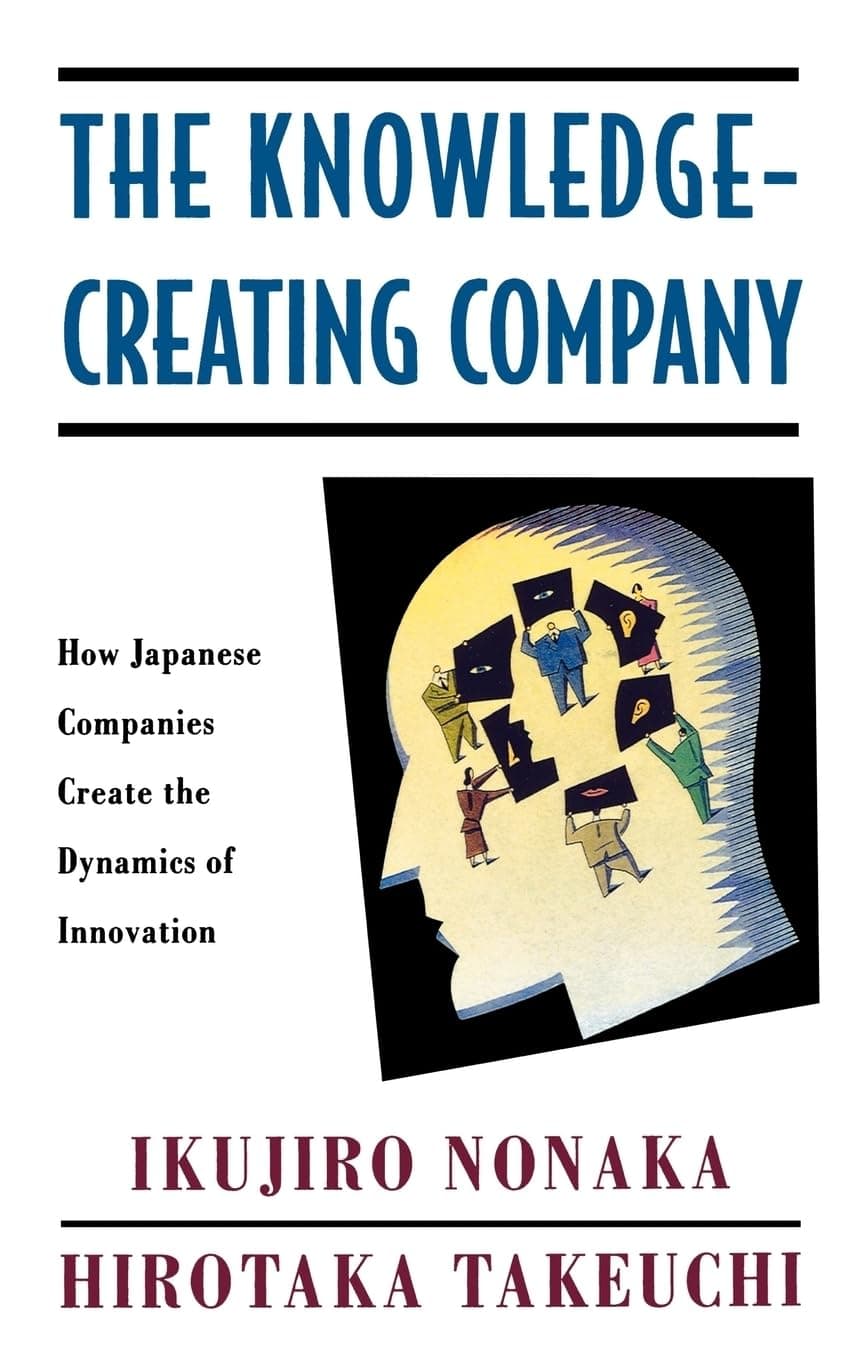The fundamental principle of organizational design at the Japanese companies I have studied is redundancy—the conscious overlapping of company information, business activities, and managerial responsibilities. To Western managers, the term “redundancy,” with its connotations of unnecessary duplication and waste, may sound unappealing. And yet, building a redundant organization is the first step in managing the knowledge-creating company. Redundancy is important because it encourages frequent dialogue and communication. This helps create a “common cognitive ground” among employees and thus facilitates the transfer of tacit knowledge. Since members of the organization share overlapping information, they can sense what others are struggling to articulate. Redundancy also spreads new explicit knowledge through the organization so it can be internalized by employees.↱

The Knowledge-Creating Company
Ikujiro Nonaka